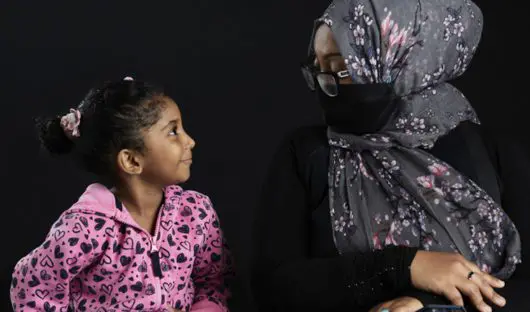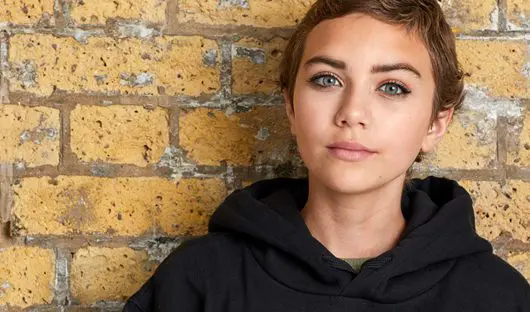Thyroid cancer
Thyroid cancer is a type of cancer that affects the thyroid gland - this is a gland in your neck that produces hormones.
What are the symptoms?
The first sign of thyroid cancer is usually a painless lump on the neck, which gradually gets bigger. Occasionally this lump may interfere with breathing or make it difficult to eat.
How is it diagnosed?
Thyroid cancer is usually diagnosed after an ultrasound scan and a needle biopsy. A needle biopsy involves the specialist inserting a thin needle into the lump and extracting a small amount of cells and fluid. These are inspected under a microscope to determine whether cancer is present.
How is it treated?
The treatment for thyroid cancer will depend on its type, and how much it has grown or spread.
Surgery can remove the whole thyroid gland, or the part affected by cancer. This will normally involve remaining in hospital for a couple of days after thyroid surgery so the specialist can ensure a good recovery. It might also mean a hoarse voice for a while but this normally goes away on its own.
Radiotherapy is also commonly used. The type of radiotherapy depends on the type of thyroid cancer.
- Radioactive iodine treatment involves drinking or taking a capsule of iodine 131 (also known as I-131), which then circulates through the body killing the cancer cells. It will mean staying in hospital for a few days following this treatment.
- External radiotherapy involves using high-energy rays to target the cancer cells. A course of treatment will take place at the radiotherapy department of the hospital over four to six weeks.
What happens after treatment?
If the thyroid gland is totally removed, you or your child will need thyroid hormone replacement. These are necessary to keep the body functioning like it did before cancer. These tablets will need to be taken every day.
You or your child will still need to be seen regularly at an outpatients clinic for at least ten years, maybe longer. The specialist will be looking for any signs that your cancer has returned. They will also check that major organs, such as your heart and lungs, are still functioning correctly and haven’t been affected by your cancer treatment.
Many people are at low risk of future health problems but some will have significant ongoing health needs. Talk to your specialist about the potential long-term side effects of treatment.
You might also want to look at
My child has cancer
If you're a parent or carer of a child diagnosed with cancer, get the right help and advice for us to support you.
My child has cancer
I have cancer
Your go-to place for everything you might need when you've been diagnosed with cancer.
I have cancer
Join our Facebook groups
Meet others with similar experiences, share your views and have your voice heard.
Join our groups